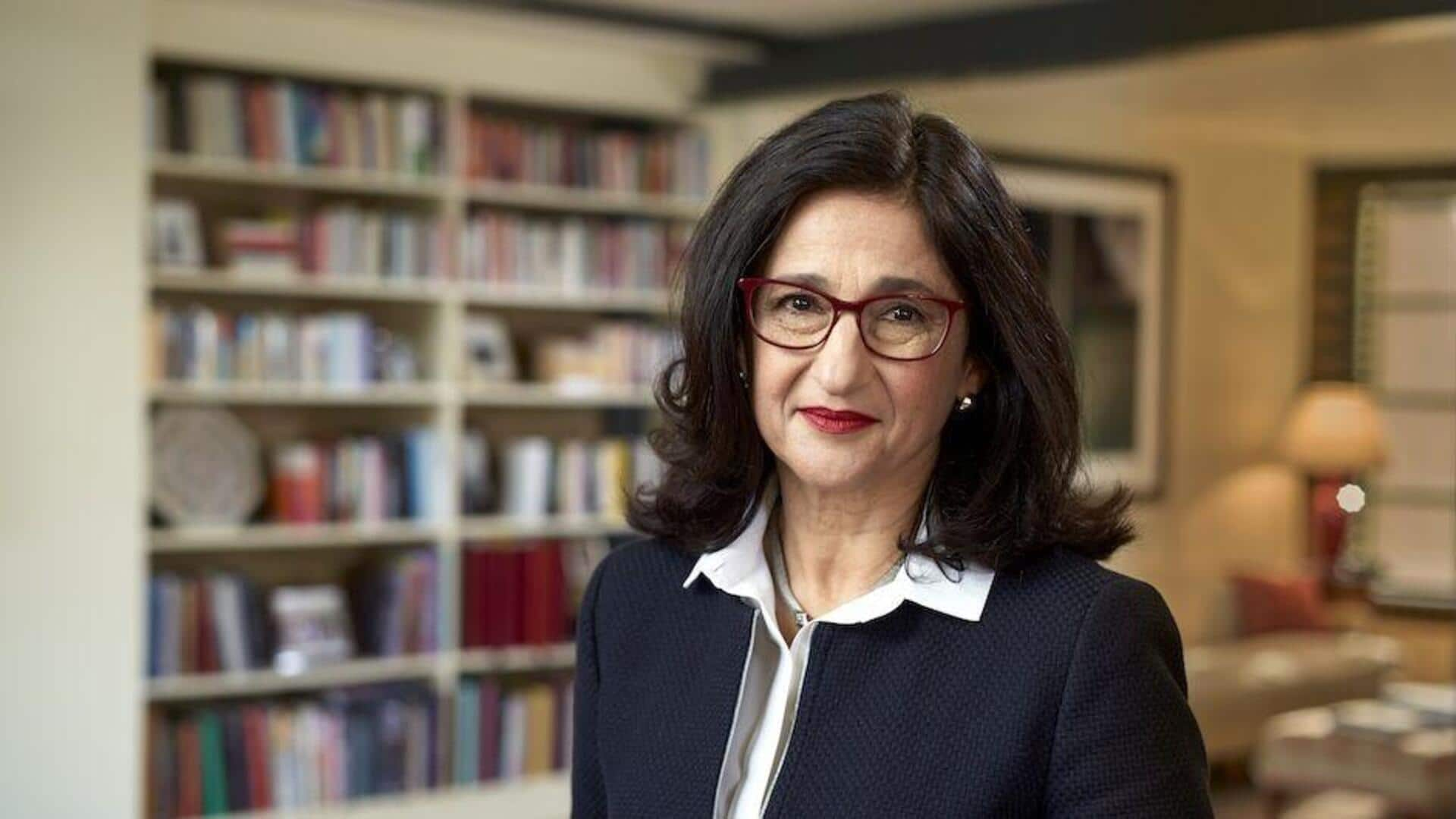
Columbia University president resigns after Gaza protests turmoil
What's the story
Columbia University President Minouche Shafik has resigned after facing criticism for her handling of protests and campus divisions over the Israel-Hamas war. In April, Shafik authorized New York Police Department officers to swarm the campus, a contentious decision that resulted in the arrest of approximately 100 students who were occupying a university building. The incident marked the first time that mass arrests were made on Columbia's campus since the Vietnam War protests over five decades ago.
Resignation details
Shafik's resignation and her reflections
The action sparked other protests at dozens of institutions in the United States and Canada. Shafik announced her resignation in an emailed letter to the university community, just weeks before the start of classes on September 3. In her letter, she highlighted "progress in a number of important areas" but expressed regret that it was "difficult to overcome divergent views across our community." She also mentioned that this period has taken a significant toll on her family.
Interim leadership
Columbia's Board of Trustees announces interim president
She is now the third Ivy League president to resign amid scrutiny of campus protests related to the Israel-Hamas conflict. Following Shafik's resignation, Columbia's Board of Trustees announced that Katrina Armstrong, the CEO of Columbia University Irving Medical Center, will serve as interim president. Armstrong acknowledged the challenges faced by the university over the past year and emphasized the importance of serious leadership during such times.
Campus unrest
Pro-Palestinian protests and Shafik's congressional testimony
Pro-Palestinian protesters first set up tent encampments on Columbia's campus during Shafik's congressional testimony in mid-April. She denounced antisemitism but faced criticism for her response to faculty and students accused of bias. The school sent in police to clear the tents the following day, leading to a wave of similar protests at campuses across the country.
Future plans
Shafik's future plans and previous roles
Shafik, the first woman to take on the role of Columbia University President, will return to the United Kingdom to lead an effort by the foreign secretary's office to review the government's approach to international development. She previously led the London School of Economics and held roles at the World Bank, United Kingdom's Department for International Development, International Monetary Fund, and Bank of England.